|
Last Friday Daniel, Raymond, and I went to my doctor’s appointment and heard the ultrasound tech say these words: it’s a girl! Daniel and I had said that we wouldn’t care what sex the baby is (and I really believe that’s true), but we were pretty excited about this news for multiple, multiple reasons. One of them is that that we’ve had a girl name picked out in the Event of a Girl since my first pregnancy.
This is actually a big deal for us. I’ll tell you why. First, I’m not someone who's dreamed of naming my child the same name since I was a child. In fact, if I look back over that long list of names that I’ve dreamed about, most of them now make me laugh, or marvel at what I was drawn to at that particular moment in time to make that particular name sound like the name for my offspring. The first name I remember loving is Felicity Autumn. She would probably look like Keri Russell and love Autumn. The second name I remember is Daphne. She would probably be British. Sophia would probably play the violin and tell me that my jeans didn’t fit properly. And so on. But the name we’ll be giving our third baby has held my interest and adoration for nearly five years now, and it’s partially because I love it and it reminds me of my childhood, and it’s partially because I’ve become convinced that picking out a baby name with my partner is one of the most challenging exercises we will undertake as a couple and when you find a name you can agree on, that’s it, that’s the one, no more talking. Picking out a baby name requires so much compromise. It involves so much diplomacy (on my part. Maybe on his part too, although that’s doubtful. Daniel isn't much for diplomacy). It necessitates frequently hearing the word “no” or its counterparts (an astonished laugh; an “are you serious?!”) or sometimes just an attractive bug-eyed stare (like your partner just started pulling down his or her pants in a Food City). It’s more challenging than determining the temperature of the car for road trips. Or the radio station. What color you should paint your spare bathroom. How you should save money for your kids. Etc. etc. This is where I should probably say something like: it’s hard finding a name that both people like. And this is true for probably every couple. But you all. Another truth is that my beloved husband—who is incredibly kind and thoughtful, extremely smart and handsome, etc.—is also brutally honest about his likes and dislikes (but only when you ask him for his opinion, a necessity when picking a name), and he happens to dislike most names. Or maybe it’s more accurate to say that he happens to dislike most names I throw out there. I would characterize my naming preference as mostly Classic Book, supplemented with some I Casually Knew a Person Named This and They Were Attractive and Charismatic in Some Kinda Way. Daniel’s is largely: I Browsed Every Branch of my Danish-American Family Tree and This is What I Like. These two categories sometimes overlap, but not often. At all. I don’t fault Daniel for wanting a family name. In fact, I think it’s lovely to name a baby after a cherished family member. But sometimes, and I say this with so much love, family names aren’t great. Including my own. Sometimes they’re amazing. But I repeat, sometimes family names aren’t great. Sometimes you can’t imagine yelling them across a playground, for example. Or hearing them at a high school graduation and recognizing them as your child. Or seeing them penciled in on a Scantron. Or associating them with the baby growing in your belly. The fact is that baby-naming is a historic challenge for Daniel and I, starting when I was pregnant with Sam. Gather round and I’ll tell you a story: We ran through a long list of names and I don’t think it’s an exaggeration to say that my beloved husband rejected nearly every one. But somehow Samuel made the cut for both of us. There was another contender, though. A long-held name in Daniel’s family that Daniel really wanted, and that I didn’t connect with at all. It just didn’t feel like a name that I would ordinarily name my child, and that felt really important to me. (I’m not sharing the name out of respect for my husband and his family, because it’s a good name, it just wasn’t the one I would choose). I began imagining a future Samuel, and probably Daniel began imagining a future x. As the time grew closer, Daniel said I could name the baby whatever I wanted, but that just didn’t feel right to me either, mostly because I knew how much he had become invested in his name. How could I ask him to give up something he felt so strongly about (even though I had made him aware of my reservations from the beginning)? But I didn’t want to give mine up either. This is probably where you're frustrated with me, and I don’t blame you. What did you want, Jessica? Here’s what I wanted: Daniel to say, I’ve changed my mind about my name entirely and I would pick your name, Jessica. Dear Reader, this was not going to happen. After the first day in the hospital, and hearing repeatedly that we should pick a name, I suggested to Daniel that he should flip a coin. We assigned sides for each name and he flipped the quarter…so hard that it bounced off the ceiling tile—knocking it awry in the process—and was never seen again. Or maybe it was seen again, by some excited soul who had no idea that it was actually a very significant quarter for our family. So then we drew names. Twice. Samuel it was, and I was struck anew with the beauty of the name and the rightness of it. The second time around, I was feeling so tender-hearted about our first naming debacle that I gave Daniel 51% naming rights for the baby’s first name if it was a boy. This was a risk but I think it paid off. We settled on Raymond, another family name of Daniel’s that was not one in serious contention the first go-round, and a name that I grew to love. But I grew smarter, and stronger, and before we even tried to have the third baby, I claimed 100% naming rights on the whole name. I can name the baby anything I want, and that power has me feeling a little bit like a villain in a Marvel movie, flush with power and set on taking over the world, and a little like Leslie Knope with a binder full of possibilities. Now could be my chance for Felicity Autumn or Daphne or Sophia. Maybe Maggie Rose, a name I loved in my early 20s. But I’m not going that far back in my roots. We’ll be using the only name to make it successfully through three rounds of vetting, and we’re super excited about it. This post was meant to be a little joking, a little serious. Obviously we are primarily grateful to be having a third child, period, and even more grateful that so far everything indicates our baby is healthy and safe. But I’m also a little grateful that I have 100% naming rights. Is that so wrong? Q: Tell me about your baby-naming experience! *This title was inspired by Christina Lauren’s lovely Love and Other Words. Read it and weep! Literally. But also smile.
0 Comments
I never realized how much I was looking for an indomitable heroine until I met the women who populate Sarah J. Maas’s books. And I never understood how much it would mean to me that an indomitable heroine be flawed—that is, like a normal person who makes mistakes and not a perfect person who becomes a perfect sacrifice—until I encountered Aelin in Maas’s Throne of Glass series.
Because it actually means something that the same person who could protect others and make tough decisions, who could make sacrifices for the good of others and save the world, could also be a person whose personality is sometimes abrasive, and who often does cringe-worthy and occasionally awful things, AND does both those good and bad (mostly good) things as a woman. The truth is that for a long time I admired those perfect heroic characters, and a lot of times in my reading experience, those perfect heroic characters were men. Another truth is that for a long time, I felt uncomfortable reading about flawed women, because I wasn’t always (and to some degree, still am not) entirely comfortable with some of my own flaws. And another truth on top of that one: I’m trying to be aware of my own gender biases, the ones that whisper softly that women should be polite and nurturing and selfless, humble and kind, and that flare up when I see women who don’t seem to be embodying those values. I am a work in progress. As much as I love being a mom, treasure it, adore it, there’s also quite a bit of guilt and self-recrimination tossed into the mix. I frequently compare my own actions and thoughts to some idealized notion of mommyhood that I feel I’ve seen exhibited by other moms in my life, or moms in books or movies. I had a rough time with the weight of that guilt for a while, and it was hard, and sometimes still is, to walk away from it. It’s long-lasting, guilt, and once you feel it, it’s difficult to forget about. That’s not to mention the day-to-day inadequacy I sometimes feel, the kind that’s not really related to being a mom, but maybe to being a woman. Did I really say that? Why don’t I understand that? Why are my ankles so thick? Why am I not more like _____? But books, and characters like Aelin, help. Here’s why. Some people like to pretend that books don’t matter, that words are meaningless. But like someone else once noted—books can make us “brave” (I’m so sorry that I can’t remember who said this. I think I saw it on Twitter.) Words have power, and a series of words that are masterfully strung together can make us admire and love and dislike and hate characters; those strung together words can not only intrigue us, they can invest us in characters’s decisions, question them. They can make us wonder what we would do in the respective character’s situation. And if a time comes necessary, as that one unremembered source above suggested, the responses we’ve had to books and characters and specific actions we’ve read about can help us see the right thing, and give us the motivation to do it. Sarah J. Maas writes beautifully, terrifically. On a basic literary level, you’re missing out on quite a lot if you haven’t read her. But for me, the biggest part of her appeal comes from the fact that she writes flawed women and I am a flawed woman. I’ve done good things and I’ve done some bad and I can be funny and annoying and smart and not-very-smart and kind and rude and sometimes I can hit a note like Adele(ish) and sometimes I glance around and make sure no one heard me sing, it's so bad, and it’s all okay, because I’m human and I'm trying. It can be tempting to dwell on the areas where we’ve failed or might fail. But I want to believe—I do believe—that mistakes and heroism (on a small or big level) are not incompatible; that identifying as a woman and being a hero are not incompatible. That flawed women are capable of saving the world and doing it with a smirk--or smile, or frown, whatevs, you be you--on their faces. Yesterday, as Daniel and I were in the midst of a Grace and Frankie marathon (be jealous), I asked Daniel if he thought I was an optimist or a pessimist. “That’s a hard one,” he said, and I agreed. I’m usually easy-going and encourage other people to see the positive, I forgive easily, and in a lot of cases, if something gets me down, it usually doesn’t get me down for long, but…I also see the potential for danger and possible death in a lot of places. I might be moved to tears by an Ellen giveaway episode and I think that people are mostly good, but don’t park too close to that white conversion van because there might be a serial killer inside! (This is kind of a joke but I have had this worry before.) If I were a spy or a member of special ops, this ability to be aware of possible dangers might be a good trait, but as a STAHM, not so much. How do you describe someone who tries to salvage the best out of a bad day but who also sometimes has excessive worries about raw chicken juice and the ink from receipts (that’s a new one, thanks Daniel), and the world ending thanks to Trump and McConnell and a host of other people who dart from the woodwork under open light now? This is how I described myself last night: an optimist with anxiety. I knew that being a mom would change me. I heard it and read it and saw it from enough people and in enough situations that I knew it would happen. And yet, I had no idea the ways that it would. I anticipated that my world would revolve around tiny humans and that I would be responsible their livelihoods, but I never anticipated how the scale of that responsibility would change me, thanks to how I’m mentally wired and also sleep deprivation. How it would make me angry and sad and fearful. How it would make me doubt myself. How debilitating the guilt and grief would be. Today, my mental and emotional landscape feels like a gully washed and worn down by water. It’s a permanently changed landscape, and for the most part, I’ve stopped wishing that that was not the case. Instead, I’ve focused more on being grateful for where I am today. I didn’t think that I would get here. For a long time after Sam was born, I didn’t recognize myself and what I spent my mental and emotional energy on. I didn’t feel like I had a sense of humor. I didn’t feel like I saw the good in myself. I spent more time than I like to think about fantasizing about disappearing, about no longer being here. Here’s where I am today: happy and at peace. I’m not cured of anxiety, but it’s severely diminished, and I’ve learned to live with it in a way that feels good to me. My postpartum life is not like everyone else’s. My experience with postpartum anxiety and depression will not be like everyone else’s who has also experienced those conditions. I’m not a medical professional (obviously), and everything I say should be viewed in that light. But here are some things about my life now. Maybe they’ll help someone. Now. I have two kids, one a toddler and one a baby, and somehow, it’s been much easier. Much happier. More peaceful. On a practical level, here are some reasons why: I’m getting more sleep than I did the first go-round, and I have been since Raymond was a newborn. With Sam, I usually got three to four hours of sleep a night until he was 3 months old, and those three to four hours were spread out over the night. I took naps when Daniel got home from work, until I had to do it over again. There’s no way to describe the utter desolation I felt when I woke up to see a darkening sky and knew that the rest of the night would be filled with the whoosh of the breast pump and my hands under a faucet and my thoughts whirring with anger and desperation. In addition to that, Raymond just hasn’t had the issues that Sam had. The sleeping problems. The reflux. The inability to latch. He’s been easy-going from the get-go. And making this whole experience easier is the fact that this is the second time for me, and it all feels familiar. More than that, I learned from the first time. This is what I know now: I have resources. I already did the hard work, the emotional navigating it took to get me to therapy and medication, the first time around. I already told my secrets to my family and friends and to the world and exposed my fears and my thoughts and my guilt. I’ve known before I got pregnant the second time that if I needed medication, I’d hit the Walgreens drive-through on the way home from the hospital, thankyouverymuchseeyoulaterbye. One of the hardest things that I ever did was walk to my husband, who was lying in bed, and tell him about my intrusive thoughts. I genuinely thought that I would die never having told anyone, and I never imagined that I would be desperate enough to share them with anyone. (Because that’s what it felt like when I told him: the desperation of someone who just couldn’t handle it on my own anymore). But even harder than that was telling a therapist, a stranger. Daniel knew me—he knew my heart—but a stranger would not. Eventually I realized that, while I could and should talk to Daniel about my feelings, I also couldn’t use him as my therapist. It wasn’t right to ask him to serve that function in my life, as my constant validator, and it wasn’t good for our marriage. But it wasn’t even this knowledge, or the feelings of self-harm, that made me seek out a therapist. It was the night I spent folding clothes and imagining moving to North Dakota so that I could get a job and send money to my family, while still removing myself physically from their lives, that convinced me that I had to get help because I was not okay. Those were not the thoughts of someone who was okay. (North Dakota seems like such a random place to move but I heard on NPR that they had a surplus because of a diversified economy. Thank you, NPR.) Going to therapy was one of the best decisions I could have made and getting on medication was even better. Through therapy, I learned thinking strategies that helped change the way I thought about my thoughts and about myself. I had a hard time accepting that negative thoughts were not a true reflection of me—that I didn’t have to analyze each one, assuming that they were indicative of some deeper, malevolent feeling or impulse and evidence that I was a bad person. They were just thoughts. And once I accepted that, it was so much easier to let them go. I stopped holding onto them and trying to unravel them and pressing on them like a bruise just to feel the pain. I just let them flit through. It seems like that should be easy, but at that time of my life, it was the hardest thing I could do. While I don’t think that medication is necessary for everyone, for me, it was. My medication was like a hard reboot for my brain. It helped do the work that my therapy alone couldn’t do, and I noticed a huge improvement in myself while I was taking it, and now, over a year after I stopped taking it. I’ve tried to be more aware of the dangerous mental patterns I fall into, but I’ve also tried not to spend as much time being introspective. After I had Sam and before I took medication, I spent a long time ruminating on things I couldn’t change. I don’t allow myself to do that anymore. I don’t want to ignore the negative parts of my life, but I also don’t want to dwell on them and examine them. For me, it’s important to focus on the positive, and on the present. I’ve deliberately started not thinking about some of the dangers in the world. Listen, if I wanted to, I could worry about everything, and in the worst days of my anxiety, I did. When I worried about everything, I felt guilty if I didn’t do everything I could to avoid or minimize the danger. In my mind, if I knew that something could be dangerous but didn’t do everything 100% correctly, I must be trying to do something wrong. (I see how crazy that is now, but it didn’t feel that way then.) I gradually accepted that everything did not need to be so carefully done, and not doing something 100% correctly did not mean that I wanted something bad to happen—it just meant that I was a normal person trying to live my life, sometimes taking shortcuts if that seemed like something a person could reasonably do. Sometimes I still do this. I remind myself of my parents, who are loving and wonderful, but certainly did not do everything 100% correctly, and look at how I turned out! Okay, maybe this blog post isn't the greatest proof for my point ;). I’m learning more self-acceptance. I can’t tell you how many times I prayed or wished that I could be different. Do I wish that I was 100% cured of anxiety? Um, yes. But that’s probably not going to happen, and that’s okay—in the same way it’s okay that Happy Endings was cancelled. I can focus on the good and happy now. I can be grateful now. For a long time, the backs of my hands told the story of my postpartum anxiety and depression, whether I wanted them to or not.
There was a clear line that marked the angry, red flesh of my hands from the paleness of my forearms. I could see that line any time I stood in the shower and looked in the mirror, when I looked at a photo of myself, or when I gave Sam a bath. Even when I was in the hospital giving birth to Raymond. A lot of times I tried to ignore it, but sometimes I had to answer for it. First, I told anyone that asked that it was from washing so many bottles and breast pump parts for Sam, and that was part of the truth. But the deeper part was that I was/had been severely anxious and depressed, and sometimes I over-washed my hands because I was scared that I was contaminating the parts somehow, and sometimes I over-washed my hands because I was punishing myself. That kind of over-washing does a number on your hands, and it takes a while to get over. It didn’t miraculously go away when I no longer felt depressed and my anxiety had significantly diminished. It lingered for almost three years, a sickening reminder of where I’d been, and I felt ashamed. Recently, I looked at my hands, and they were pale again. I couldn’t see the line. I ran my fingers over the backs and they felt smooth and not scratchy like they had felt for a long time. I pointed them out to some people, proud of how my hands looked. I made Daniel feel them. I’m not ashamed any more, and it doesn't really have to do with the red hands themselves, but with what I think now. I’m not the same person as I was before kids, but I see where I was, and I see where I am. I have anxiety and Donald Trump is president. But these things are also true: I have an amazing husband, two amazing children, the best family and friends in the world, and the numbers of a qualified therapist and psychiatrist.
|
About me.Give me that HEA, please.
Join my mailing list.Want to receive a weekly email with links to my latest blog posts? Sign up below!
Archives
April 2024
Categories
All
|
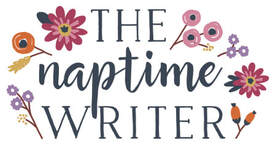
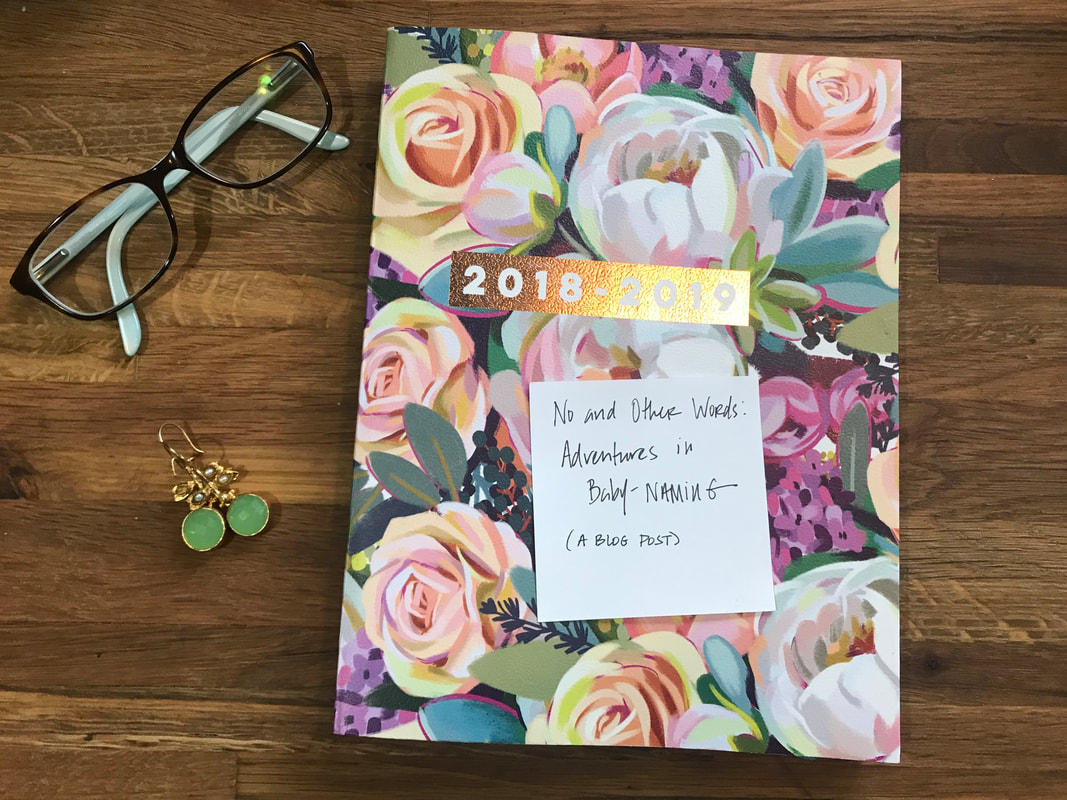
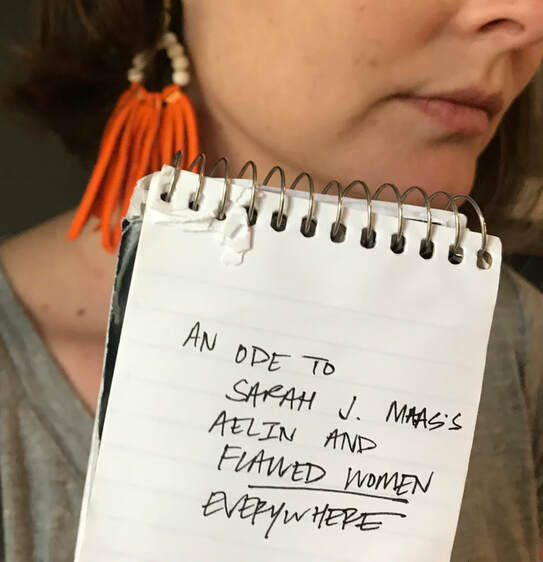

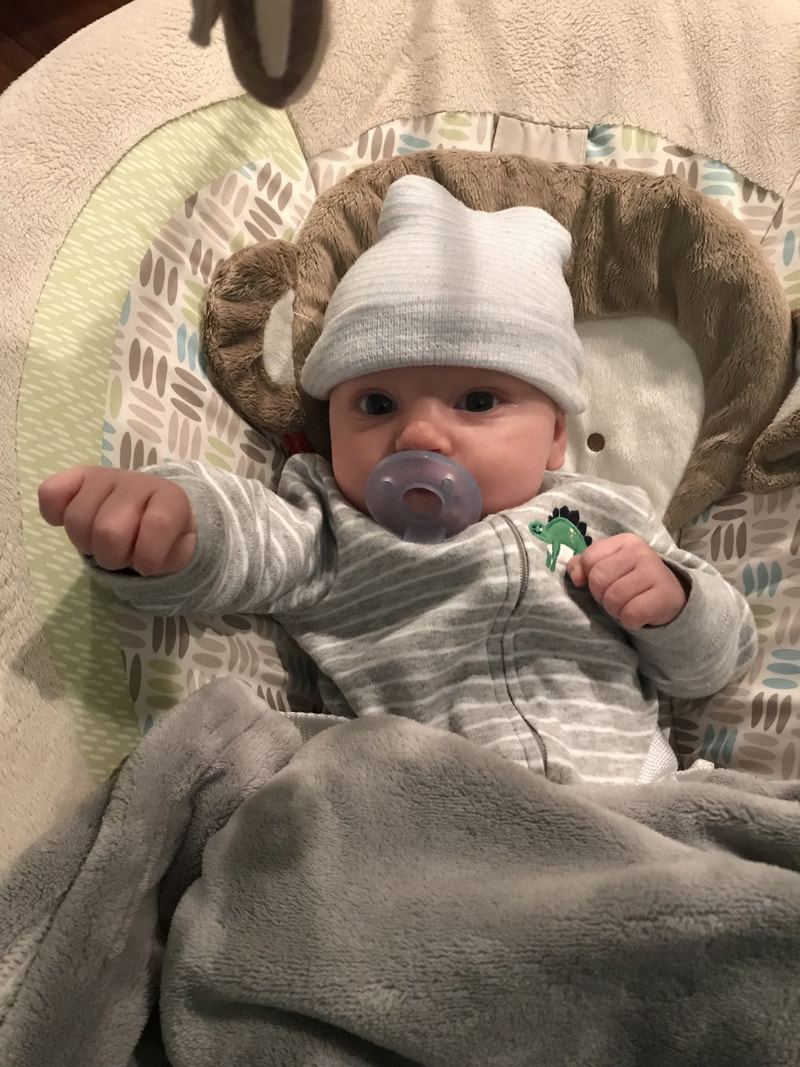
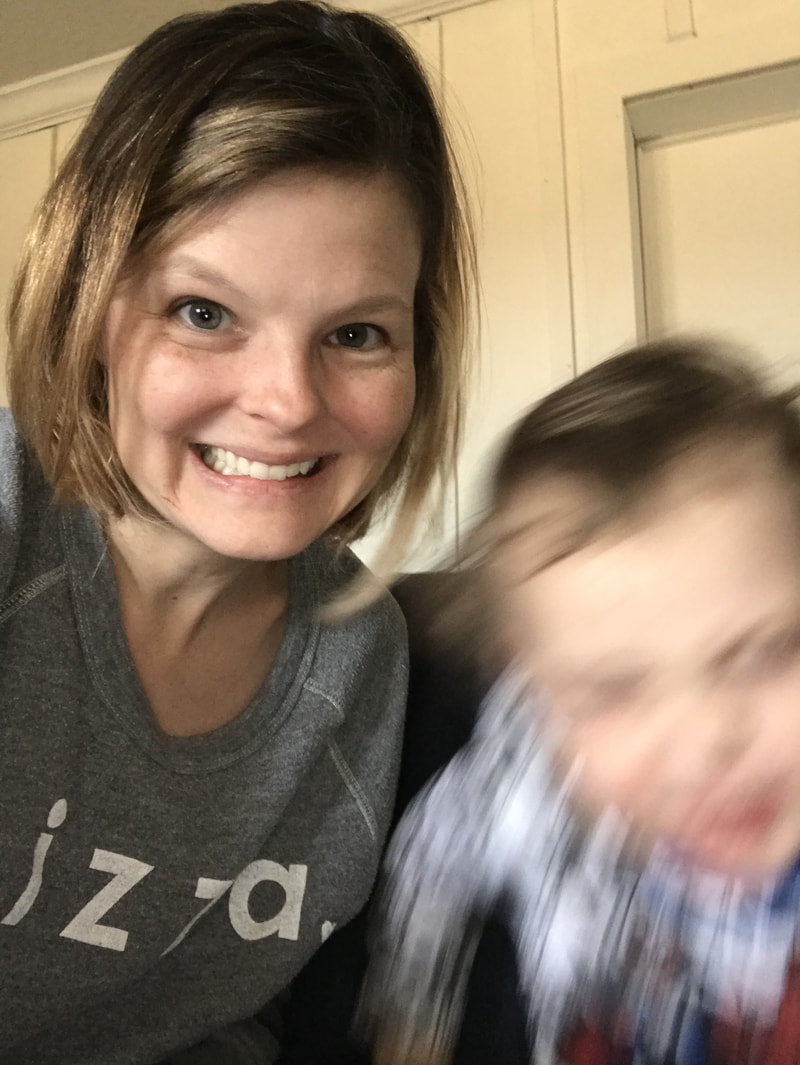
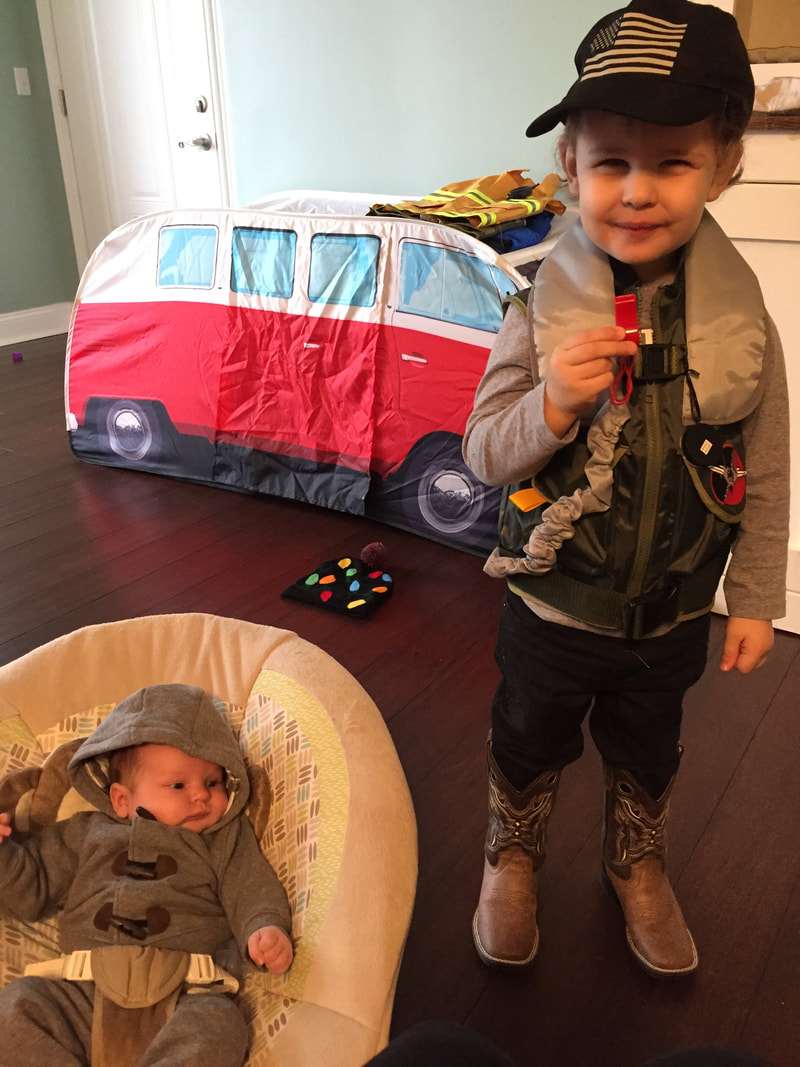
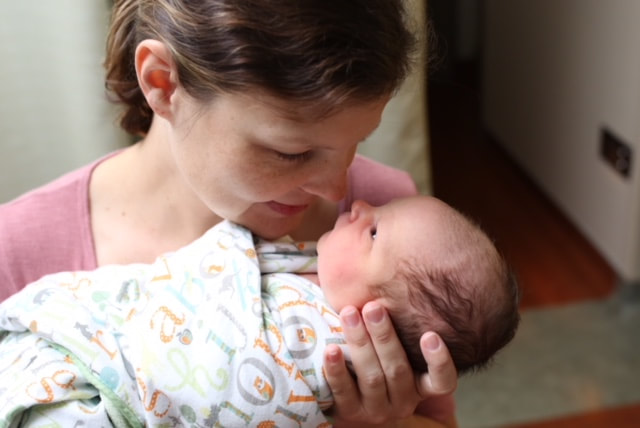
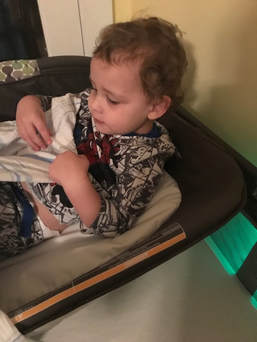
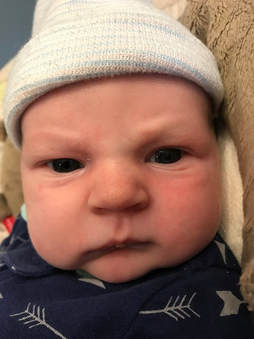
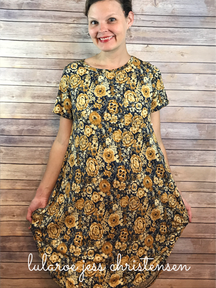
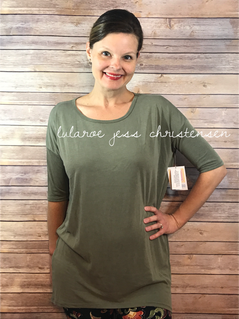
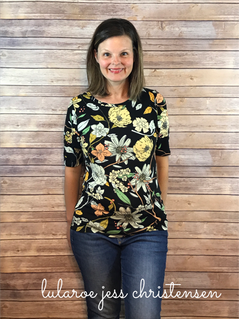
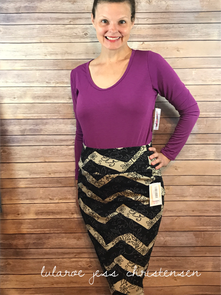
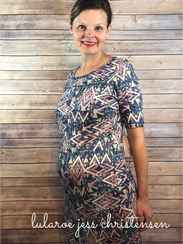
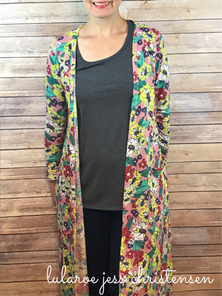
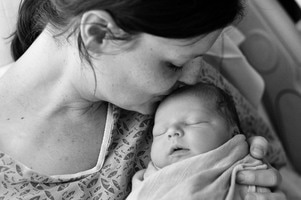
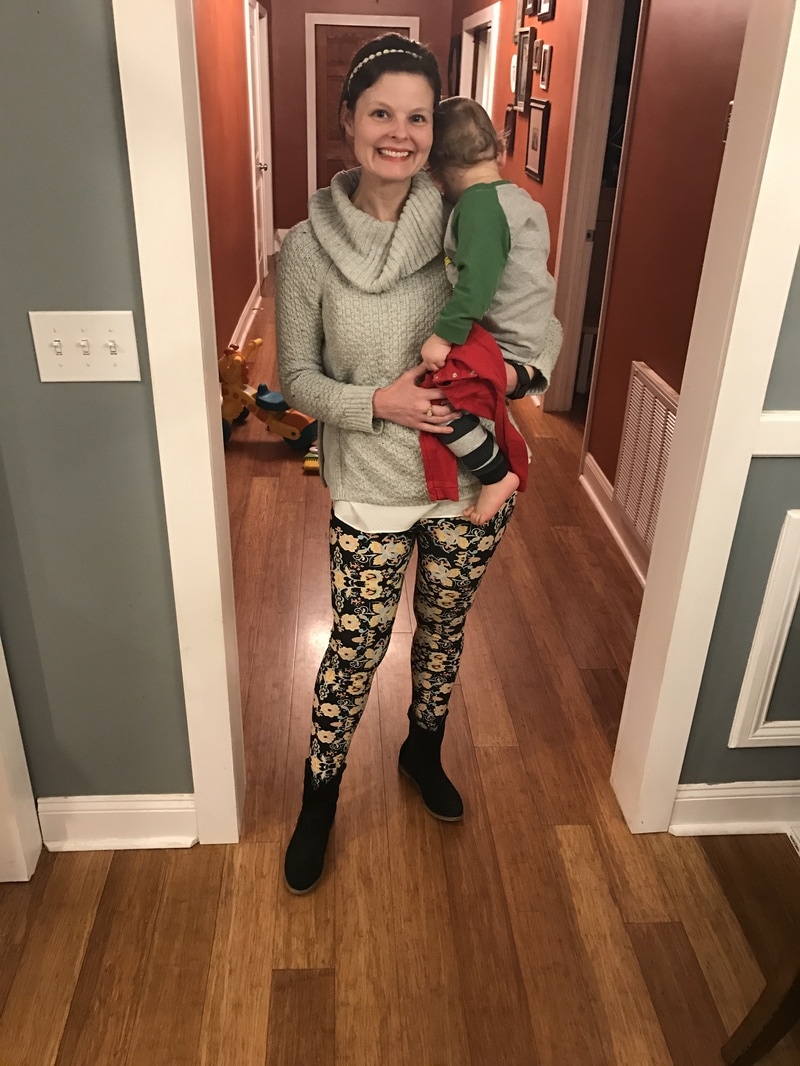
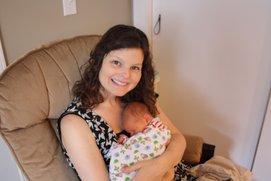
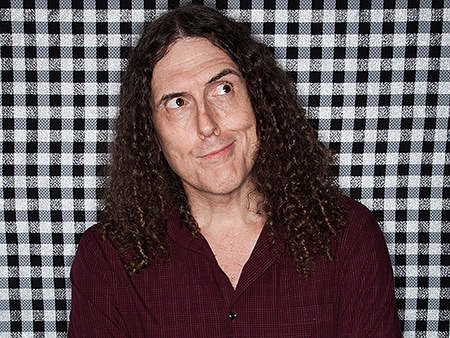
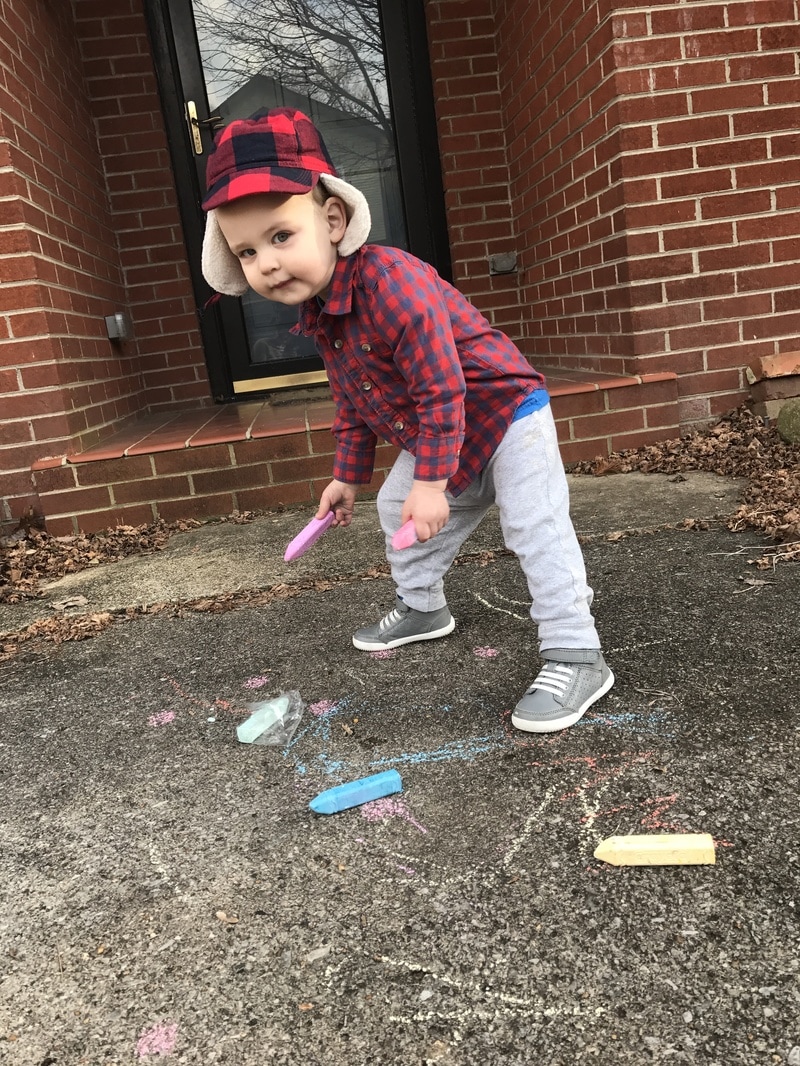
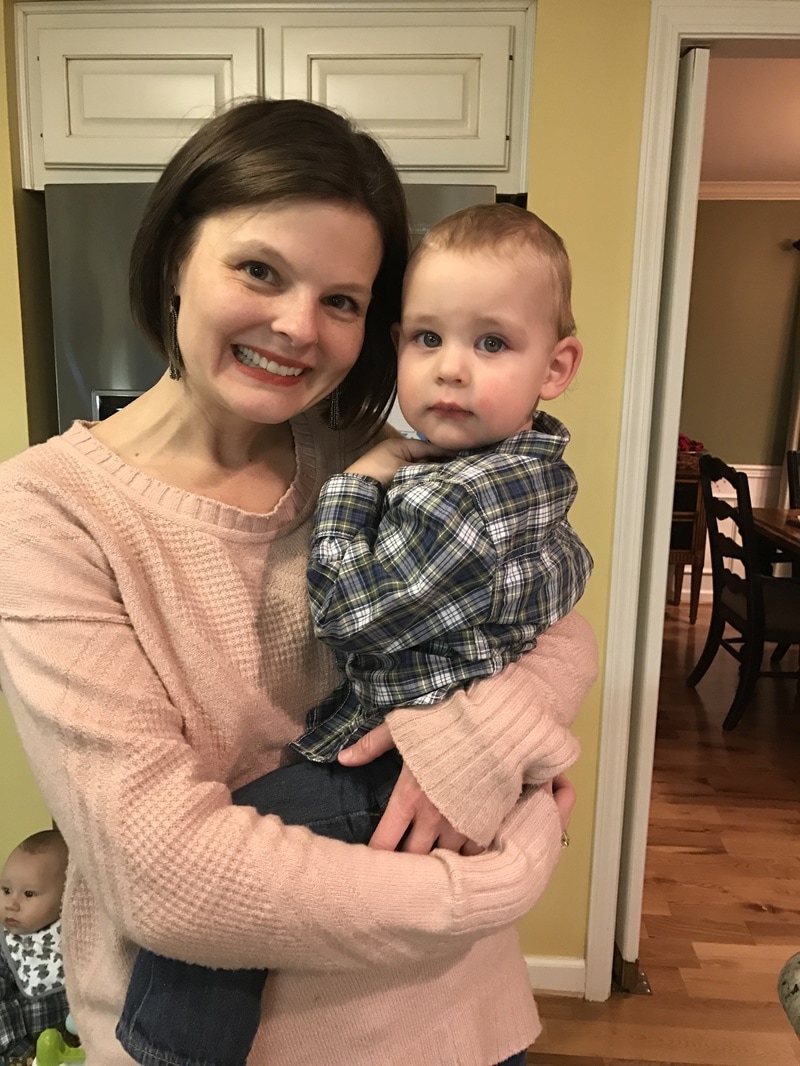
 RSS Feed
RSS Feed
